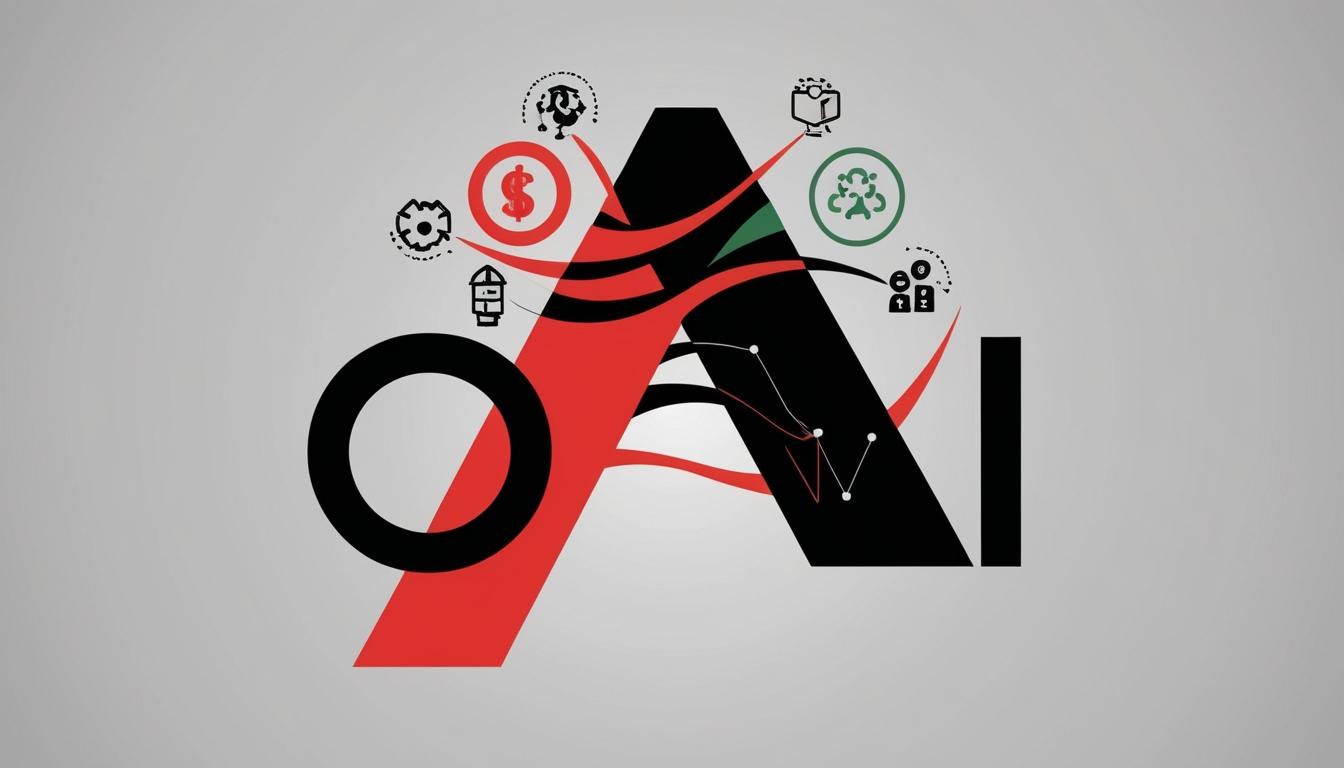The world of artificial intelligence (AI) automation is experiencing remarkable growth as businesses increasingly incorporate advanced technologies into their operations. However, concerns are being raised about the sustainability and ethical practices of major players within this industry, particularly regarding OpenAI, a frontrunner in AI development.
OpenAI, the creator of ChatGPT, recently reached a staggering valuation of $157 billion after securing significant investments. This status catapults it into the realm of the world’s most valuable private startups, often referred to as "unicorns." Despite this impressive financial figure, OpenAI has not turned a profit, and its pathway towards achieving profitability remains ambiguous. Critics are questioning the viability of such a business model, pointing towards an atmosphere of financial exuberance that lacks a solid foundation.
Benjamin Riley, an investment banker with prior experience at JP Morgan, draws alarming parallels between OpenAI and the infamous Enron Corporation—a company that collapsed following one of the most significant accounting frauds in American history. Speaking to Futurism, Riley highlighted the troubling aspects surrounding OpenAI's rise, stating, "All the signs are there." He compared OpenAI’s current trajectory to Enron's, citing a pattern of grandiose predictions without corresponding evidence of profitability or a coherent business plan.
Riley, who now heads the AI think tank Cognitive Resonance, recalled his experience valuing Enron’s then-new venture, The NewPower Company, noting their failure to find any substantive justification for its valuation. Despite claims of future success and innovation, Riley asserted that "there was no business" to be found. He remarked on how Enron’s financial documents were filled with projections and guesses but lacked actual revenues or clients, a reality he sees mirrored in OpenAI’s current situation.
Moreover, the complexity of OpenAI's corporate structure raises eyebrows. Originally founded as a nonprofit, the organisation has adopted features of a for-profit entity while retaining elements of its non-profit origins. Recently, OpenAI announced plans to create an additional for-profit corporation that would take actual control of its business operations, further complicating its structure and potentially clouding transparency.
Riley also noted a worrying trend within OpenAI regarding its management stability, referencing significant turnover at senior leadership levels. This has led to increased scrutiny surrounding the company's operational practices and internal culture. He remarked, "Our colleagues were horrified we dare speak against Enron's good name," alluding to the fear-driven environment that can sometimes stifle dissent and critical scrutiny.
The narrative around OpenAI is compounded by public concern over the influence of venture capital funding in the tech industry, which often encourages its recipients to prioritise rapid growth over sustainable practices. As AI technology continues to evolve, the ongoing debates surrounding the ethical implications of such innovations, the transparency of company operations, and the potential for unforeseen consequences demand careful consideration from stakeholders across the business landscape.
As AI automation trends continue to shape various industries, the need for accountability and clarity in the operations of key players like OpenAI remains paramount, setting the stage for discussions about the future of technology and its broader implications for business practices.
Source: Noah Wire Services
